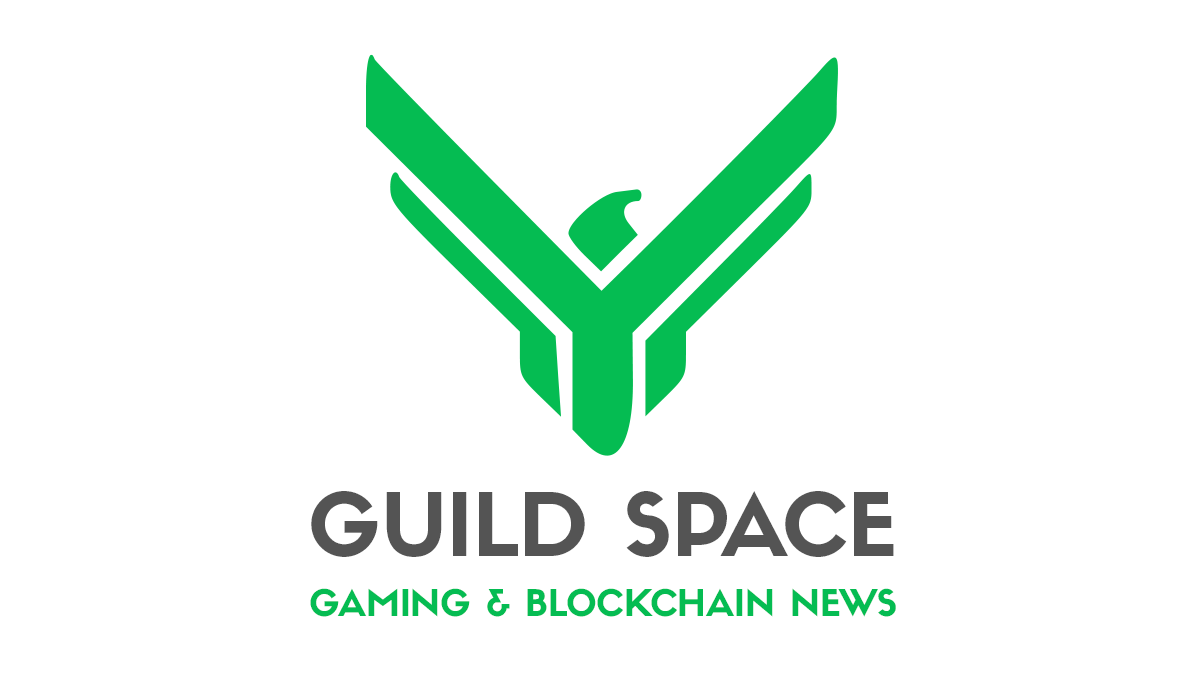What is Web 3.0, and How it Could Change Our Internet Experience


Decentralization and Blockchain
Web 3.0 aims to create a more decentralized internet, breaking the dominance of centralized platforms and giving users more control over their digital assets. Blockchain technology plays a significant role in this shift, providing a secure and transparent way to store data and conduct transactions.
Enhanced Privacy and Security
Web 3.0 will introduce better privacy and security features, ensuring users can protect their information and digital assets from unwanted access. Technologies like end-to-end encryption and zero-knowledge proofs will become more widespread, allowing for secure communication and data sharing without compromising privacy.
Interoperability and Collaboration
Web 3.0 envisions a more interconnected and collaborative internet, with applications and platforms working seamlessly together. This interoperability will enable users to access and manage their data and digital assets across various services without restrictions or limitations, promoting a more open and inclusive online ecosystem.
Data Ownership and Control
In the Web 3.0 era, users will have much more control over their data. Today, many companies collect and store vast amounts of user data for various purposes, such as monetization or product improvement. With Web 3.0, user data will be stored locally or in decentralized repositories, allowing users to decide who and how their data will be used.
Artificial Intelligence and Semantic Web
Web 3.0 will also heavily utilize artificial intelligence and semantic technologies, enabling the creation of smart applications and services capable of analyzing and understanding the context and significance of information. This could lead to more accurate search results, personalized recommendations, and automatic data analysis. As a result, users will find relevant information faster and enjoy a higher level of service personalization.
Web 3.0 represents a significant step forward in the evolution of the internet, bringing about many changes to our online experience. From enhanced security and privacy to decentralization and smart technologies, Web 3.0 promises to make the internet a more democratic and open space where users have greater control over their data and digital assets. However, despite its many benefits, implementing Web 3.0 will also require overcoming numerous technical and social obstacles, which may take considerable time and effort.
Recent Posts
How to Manage an Online Community: Best Practices for Success
In today's digital age, online communities have become a pivotal aspect of brand building, marketing, and fostering user engagement. Proper…
The Future Smart Home: Automation, Energy Efficiency & Next-gen Technologies
Automation, Energy Efficiency, and Cutting-edge Technologies in Domestic Management. 1. Introduction In today's world, technology continues to become more integrated…
Building an Online Community: A Step-by-Step Guide
In today's digital age, online communities have become hubs for knowledge exchange, shared interests, and camaraderie. If you're thinking of…
Blockchain’s Revolution in Real Estate: Ushering in Transparency
Blockchain, originally known as the backbone technology of cryptocurrencies, holds potential far beyond the financial sector. One such area where…
Leveraging Graph Databases for Complex Data Structure Analysis: An Overview of Benefits and Application Methods
The contemporary data landscape is ever-expanding and becoming more intricate, and conventional analysis tools and methods often fall short in…
Leveraging Quantum Computers in Scientific Research: A Revolution in the World of Science
The emergence of the first working prototypes of quantum computers signaled a new era of scientific exploration. With a fundamentally…